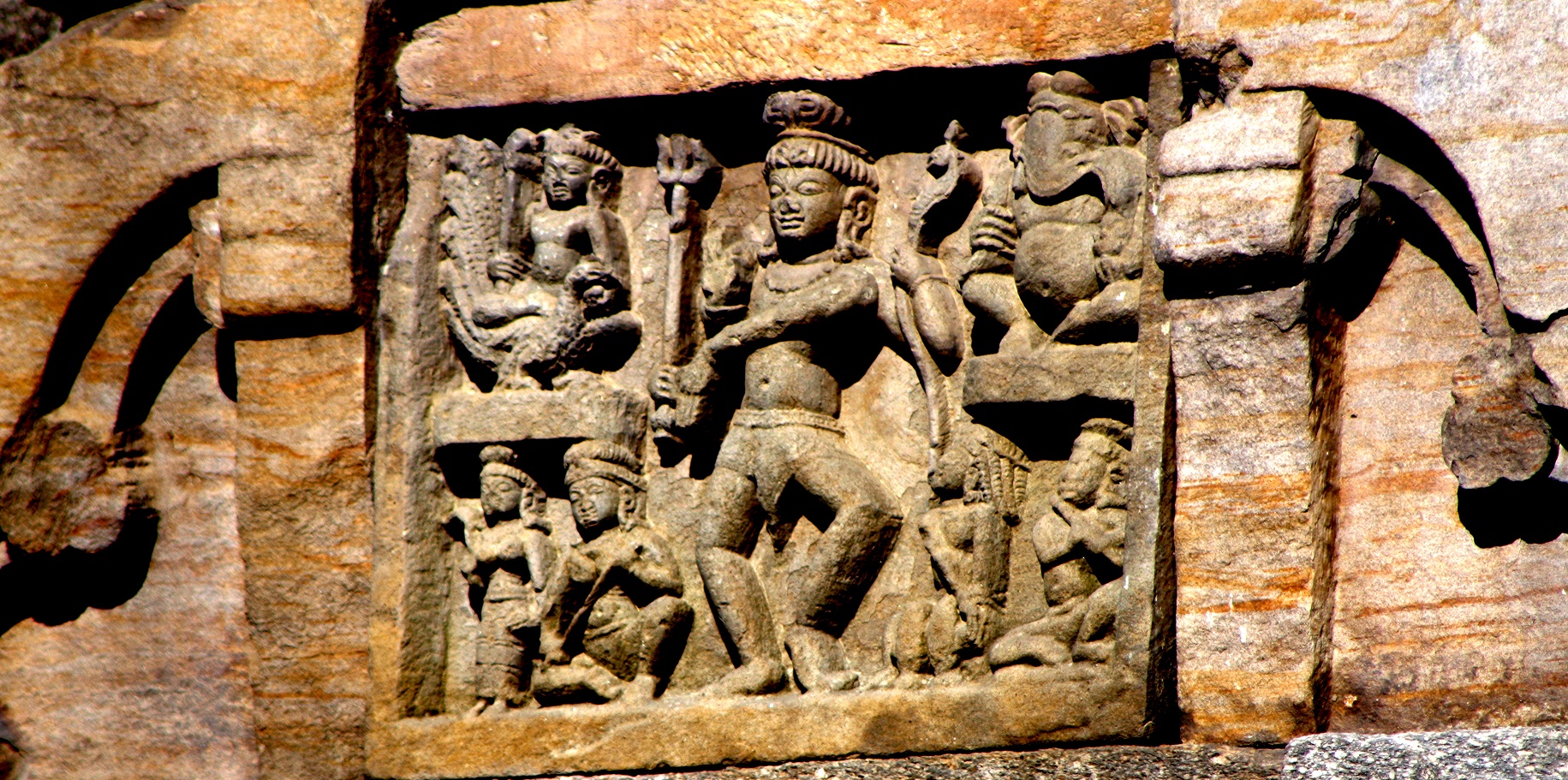India’s cultural heritage is characterized by a profound spiritual and philosophical tradition, and at the heart of this tradition lies a corpus of sacred texts known as the Vedas, along with their complementary texts, the Brahmanas, Aranyakas, and Upanishads. These ancient scriptures form the foundation of Hinduism and have significantly influenced various other schools of thought and religious practices in India. In this article, we delve into the significance and essence of each of these texts.
The Vedas: Divine Revelation and Cosmic Wisdom
The Vedas, considered the oldest sacred scriptures in Hinduism, are a collection of hymns, prayers, rituals, and incantations. They are believed to have been revealed to sages (rishis) during intense states of meditation and contemplation. The word “Veda” is derived from the Sanskrit root “vid,” which means “knowledge” or “wisdom.”
The Vedas are classified into four main texts:
- Rigveda: Composed of hymns dedicated to various deities, especially Agni (the fire god) and Indra (the king of gods). It is the oldest Veda and serves as a repository of spiritual and cosmic knowledge.
- Samaveda: Primarily consists of melodies and chants derived from the Rigveda, intended to be sung during rituals and ceremonies.
- Yajurveda: Comprises prose mantras and verses used in sacrificial rituals (yajnas).
- Atharvaveda: Contains hymns and incantations related to healing, protection, and domestic rituals.
The Brahmanas: Ritualistic Commentary
The Brahmanas are the second layer of Vedic texts and function as ritualistic commentaries on the hymns and rituals prescribed in the Vedas. They provide detailed explanations of the procedures and symbolism of various ceremonies and sacrifices.
The Brahmanas are primarily concerned with the performance of rituals and sacrifices, emphasizing the correct recitation and pronunciation of Vedic mantras and the precise observance of rituals to appease the deities and ensure prosperity and well-being.
The Aranyakas: Forest Texts and Symbolic Interpretations
The Aranyakas, also known as the “Forest Texts,” form the third layer of Vedic literature. These texts were intended for those who retreated to the forests for a life of contemplation and spiritual introspection. As such, the Aranyakas contain more esoteric and symbolic interpretations of the rituals and sacrifices outlined in the Brahmanas.
These texts delve deeper into the philosophical and spiritual aspects of the Vedas, exploring the nature of the universe, the self, and the relationship between the individual soul (Atman) and the universal soul (Brahman).
The Upanishads: Philosophical Treatises
The Upanishads, often referred to as the “Vedanta” (the end of the Vedas), represent the culmination of Vedic thought and philosophy. They are a collection of profound and metaphysical dialogues between spiritual seekers and enlightened sages.
The Upanishads explore the concepts of Brahman (the ultimate reality), Atman (the individual soul), karma (the law of cause and effect), and moksha (liberation from the cycle of birth and rebirth). They provide profound insights into the nature of existence and the path to self-realization.
Unlike the ritualistic focus of the earlier Vedic texts, the Upanishads prioritize spiritual knowledge and the quest for ultimate truth, making them the foundation of Vedanta philosophy.
Conclusion
The Vedas, Brahmanas, Aranyakas, and Upanishads together form a rich tapestry of spiritual and philosophical wisdom in ancient Indian culture. Each layer of these sacred texts builds upon the previous, with the Vedas serving as the spiritual source, the Brahmanas providing the ritualistic guidelines, the Aranyakas delving into symbolism and introspection, and the Upanishads illuminating the path to self-realization and liberation.
Even today, the teachings and wisdom of these sacred scriptures continue to resonate with spiritual seekers and scholars alike, inspiring a profound exploration of the eternal truths that transcend time and space. Their influence extends beyond the borders of India, enriching the global understanding of spirituality and philosophy. As custodians of this invaluable heritage, we carry the responsibility to preserve and cherish these texts, ensuring that their timeless wisdom continues to guide humanity towards enlightenment and inner awakening.
